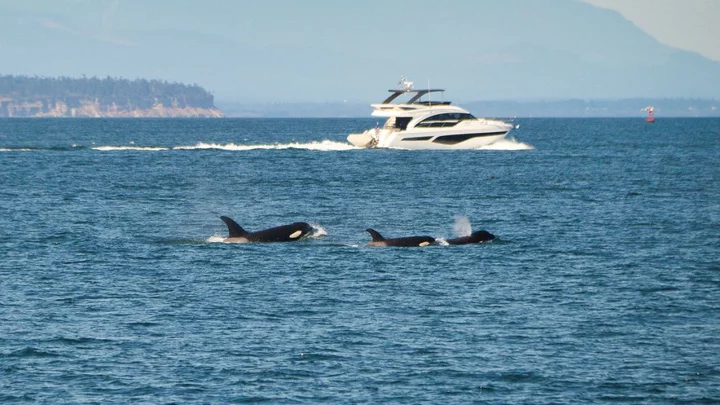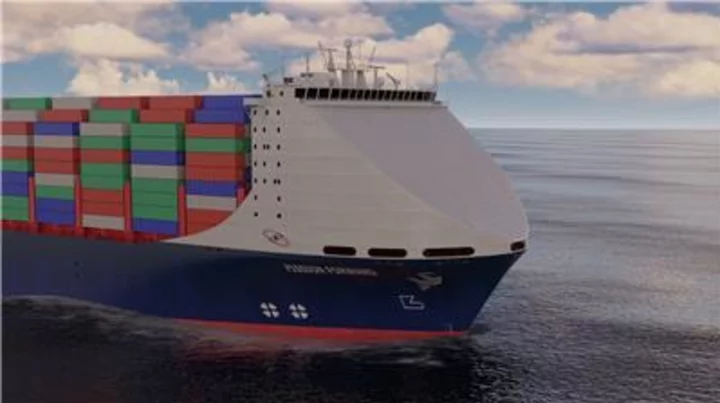A spate of recent orca attacks has fuelled concern among scientists in recent weeks for animal safety, and even led to speculation that the ocean mammal could be trying to rise up against humans. But are they?
In a new trend – dubbed "orca wars" by some on social media – a population of orcas has recently been smashing into boats off the coast of Portugal and near the Strait of Gibraltar at a rate of nearly one per day.
That's according to researcher Rui Alves, who collects data on the attacks. In June alone there have been 12 orca attacks on boats and 12 other encounters. In May, there were 21 attacks, says his website, orca.pt.
Sign up to our free Indy100 weekly newsletter
Of course, social media reacted just how you might expect: by picking a team. One person tweeted: “If you an orca whale reading this, i am on your side. I have always been on your side.”
Researchers don’t know exactly why this is happening, but there are two main hypotheses. The first is that killer whales – highly intelligent and social creatures – have invented a new fad, something that younger members of orca pods have been known to do.
The other, more concerning possibility, is that it is a response to trauma involving a boat, Dr Alfredo López Fernandez, of Grupo Trabajo Orca Atlántica (GTOA, or Atlantic Orca Working Group), told the Guardian.
“[It could be a] response to an adverse situation; one or several individuals have had a bad experience and are trying to stop the boat so as not to repeat it. This behaviour coincides with the profile of adults,” he said.
If it is the latter, there is even one key suspect in starting the trend: a white orca called Gladis Blanca (or White Gladis), who is thought to have had a bad collision with a vessel at some stage.
Other adult orcas in the region also have injuries consistent with boat collisions or entanglement, López added. “All this has to make us reflect on the fact that human activities, even in an indirect way, are at the origin of this behaviour,” he said.
In fact, the attacks are not such a new thing. Back in 2020, a group of orcas were seen pursuing sailboats in the region, in an act of aggression that was previously thought to be extremely rare. Since then, it has grown more and more common.
The orcas have tended to ram into the hulls of boats, but they have also been seen scraping them with their teeth. The attacks sometimes snap the boats’ rudders, leaving sailors unable to navigate. In three cases, the animals damaged a boat so badly that it sank.
However, for all the concern that the orcas might be getting, erm, orca-nised, scientists remain concerned that the attacks could come back to bite the ocean mammals eventually.
The Iberian orca subpopulation is considered critically endangered, according to GTOA, with only 39 animals the last time a full census was carried out in 2011. López and his colleagues fear boaters may lash out, or that the orcas might hurt themselves in the process of ramming the vessels.
Either way, it doesn’t look like the attacks will stop any time soon. So who knows: maybe the ocean world really is rising up…
Have your say in our news democracy. Click the upvote icon at the top of the page to help raise this article through the indy100 rankings.









